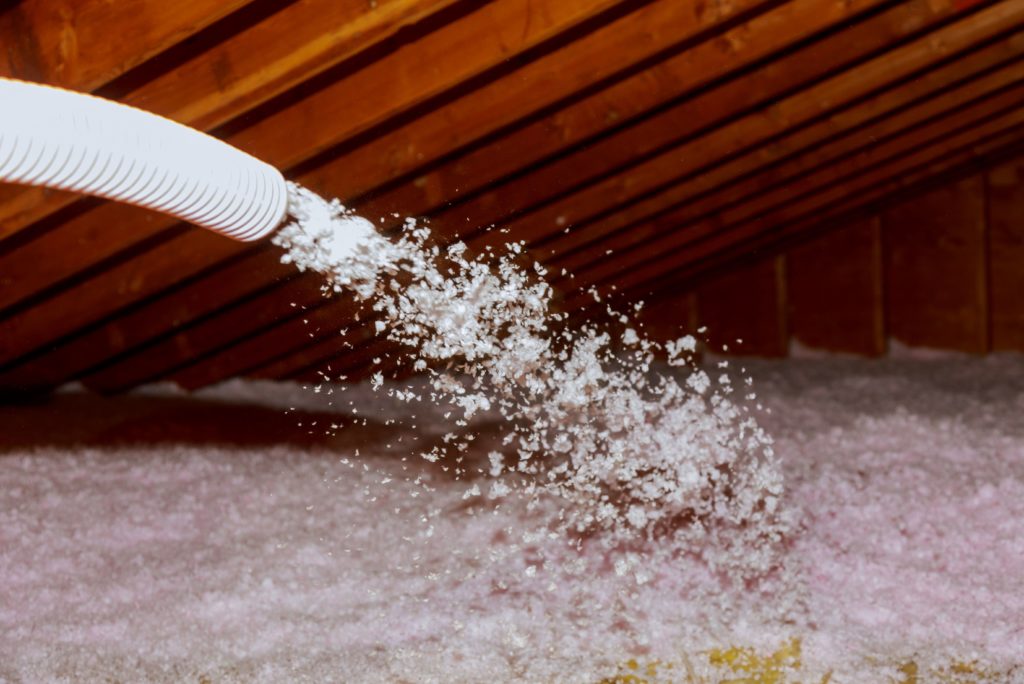
When you are a homeowner, many things go along with that responsibility that you might never have thought about until settling into your home. Insulation is one of these, mainly for the reason that you don’t ever see insulation—it’s hidden inside your walls! However, it affects the temperature and comfort of your home all year long, keeping you cool in the summer and warm in the winter.
How Insulation Works
Insulation works as a barrier, keeping heat from moving from a warm area to a cold area. This can go both ways: preventing a warmed-up room from releasing air into the outside or preventing hot air from outside infiltrating an air-conditioned space. No matter the direction, heat transfer happens in one of three ways. Ready for a flashback to high school science class? Read on.
Conduction
Conduction allows heat to move through molecular collision—the movement of particles from something hot to something cold. Conduction only happens through direct contact with objects, so when walls are properly insulated, heat cannot escape.
Convection
Convection (like in an oven) is the process by which heat moves through the air and warms up the things around it. This means that insulating ceilings is also important so that air can’t leak out when it rises.
Radiation
Radiation transmits heat in empty spaces, with no direct contact needed. This can happen in air ducts, as they carry warm air and radiate it into other spaces. This means that the ductwork in your home should be properly insulated or that you can upgrade to a ductless system. Both of these will prevent excessive heat loss.
Insulation Choices
Blown-In Cellulose
Typically, this is a great alternative to fiberglass. It offers very strong protection against transfer of heat, is nonintrusive on already built homes, and naturally seals air when it is applied densely.
Spray Foam
Spray foam is easy to apply and holds up quite well against wear and tear. Because of its ease and ability to be applied in hard-to-reach areas, this type of insulation is also used for things like refrigerators and crawl spaces. It’s also highly unlikely that this choice will develop mold or grow bacteria because it is resistant to water.
Fiberglass
Fiberglass is actually flexible glass that is bonded together with a thermoset resin. Fiberglass is incredibly strong and doesn’t corrode. This option is affordable and easy to use in the framing of home walls and ceilings. This option doesn’t do well against preventing drafts, however.
Why You Should Insulate
You might think that going into your home and padding all the walls, ceilings, and windows would be a hassle. However, an expert will be doing the work for you! There are plenty of affordable, easy choices, and your local insulation experts will be able to give you the resources to help make that decision. You will save so much money in all seasons on heating and cooling your home, and you will be more comfortable all year round.
